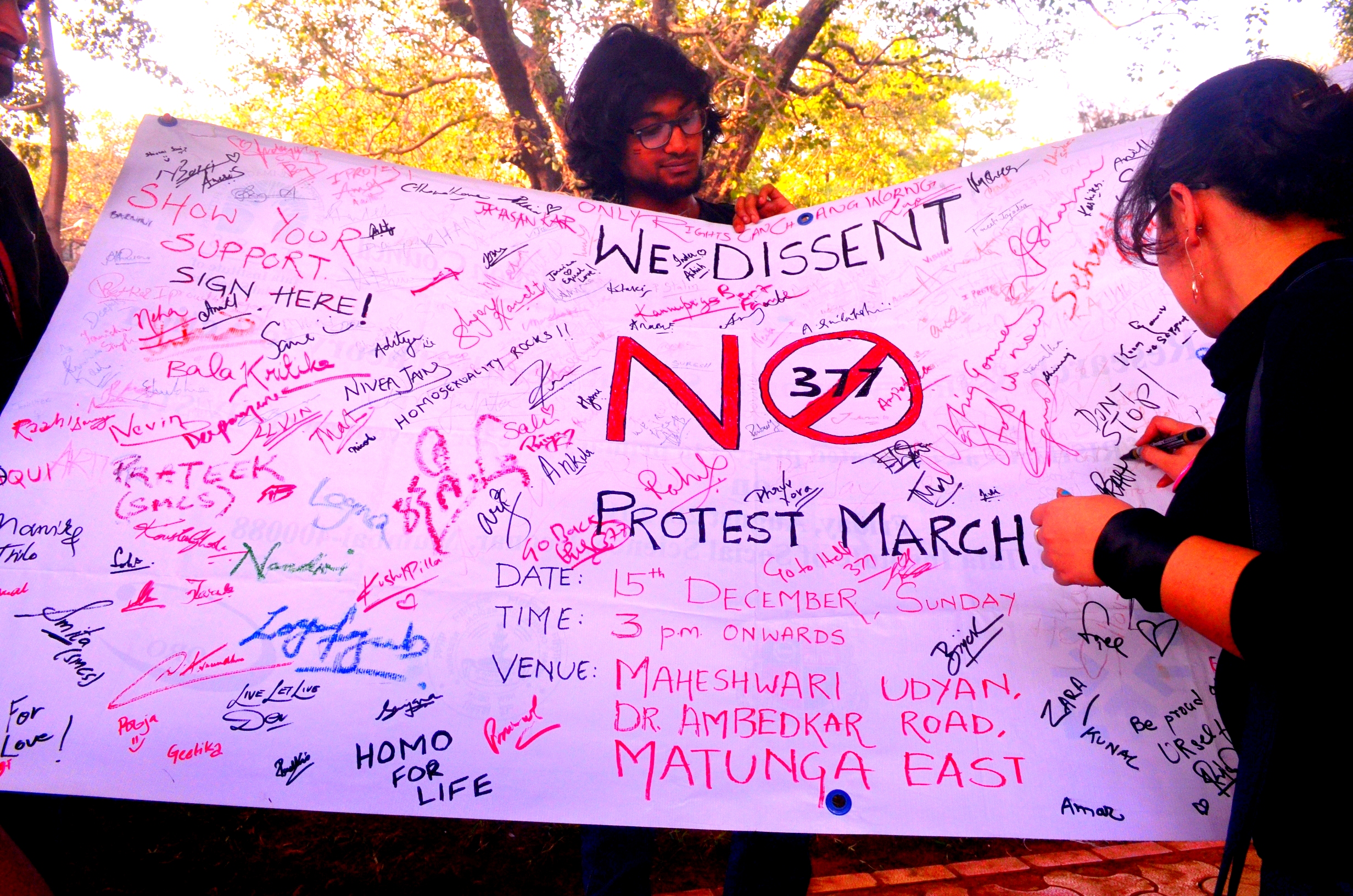
It seems Bangladesh has a censorship problem. Activists and bloggers can find ways to publish their writing and make their voices heard, but a recent slew of murders shows that someone is trying to shut them up. The most recent victims include Xulhaz Mannan and a friend who were both attacked by men wielding machetes. Mannan was the editor of Roopbaan, the only magazine for the LGBTQ community in Bangladesh. Nazimuddan Samad, an atheist blogger, and Rezaul Karim Siddique, an English professor, were also killed in similar attacks in Bangladesh this month. In 2015, five Bangladeshi secular bloggers were murdered in the same way.
No one has been charged in relation to any of these crimes, and unfortunately it doesn’t seem likely that that will change any time soon. Same-sex relationships are outlawed in Bangladesh, and for the most part LGBTQ people haven’t been ensured equal rights under the law. The notable exception is the official recognition by the state of hijras, individuals who identify as neither male nor female. Bangladeshis who identify as hijra can list this as their gender on official government documents.
In my piece about the treatment of gender and sexual minorities in Nigeria, I noted that the two main justifications people use for the country’s homophobic laws are religious beliefs and traditional cultural values. To a large extent, the same is true in Bangladesh. The official recognition and acceptance of hijras complicates this, as it indicates that Bangladesh (like many other South Asian countries) has traditionally been accepting of people who don’t identify with their assigned gender. However, some religious and political leaders in the country still seem opposed to extending equal rights and protections to people who aren’t heterosexual, refusing to change their laws despite pressure from the United Nations Population Fund and multiple NGOs.
As long as Bangladesh’s government remains intolerant of LGBTQ individuals, it will be difficult to get justice for the activists who have been killed, violently attacked, or otherwise discriminated against. If the law is already against them, how can they expect law enforcement to help them? As we make strides with equal rights, protections and representation in the West, it’s important to think about the minorities in more repressive societies and how they can be helped too.


Comments are closed.